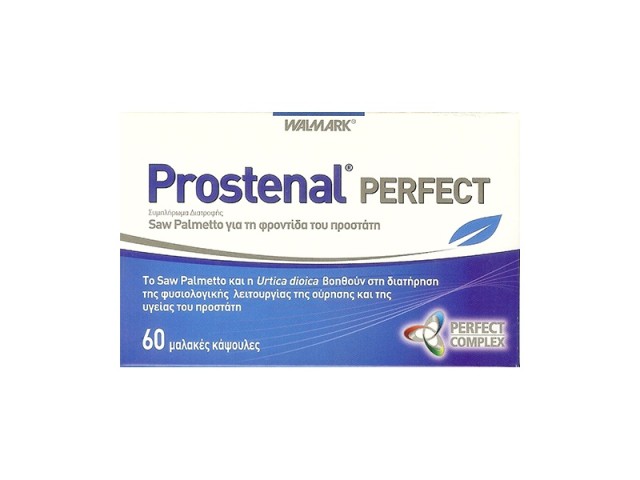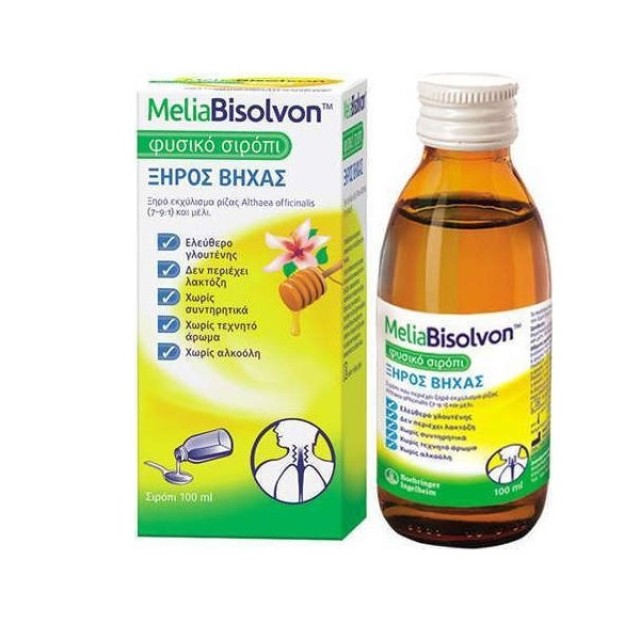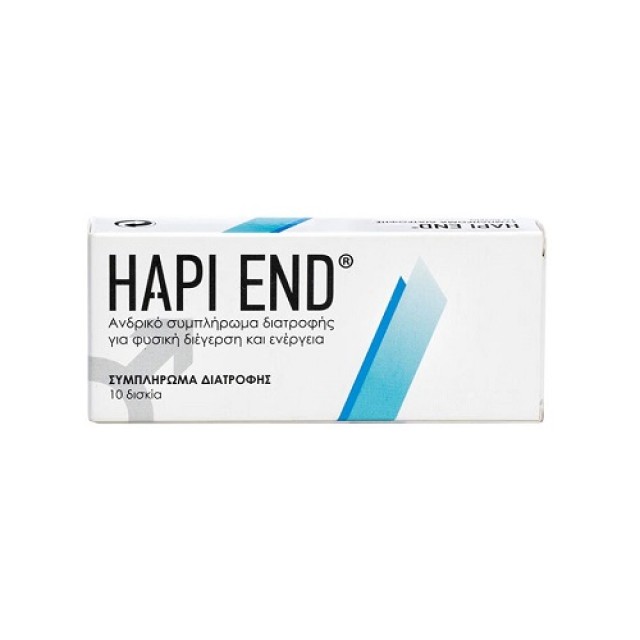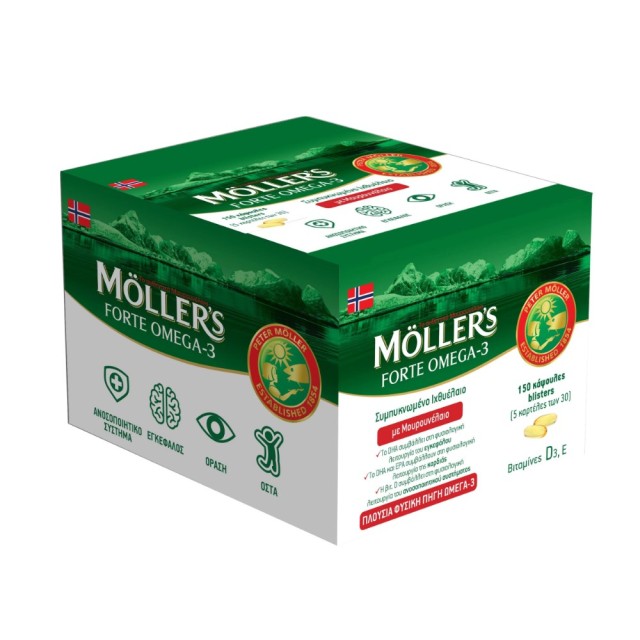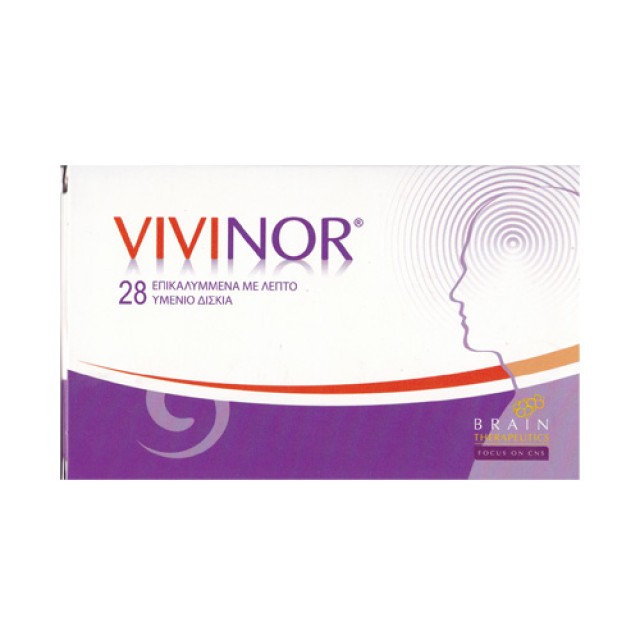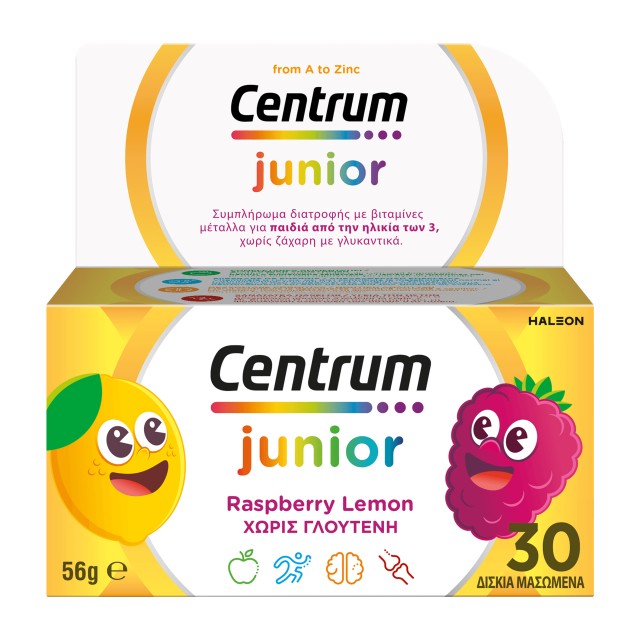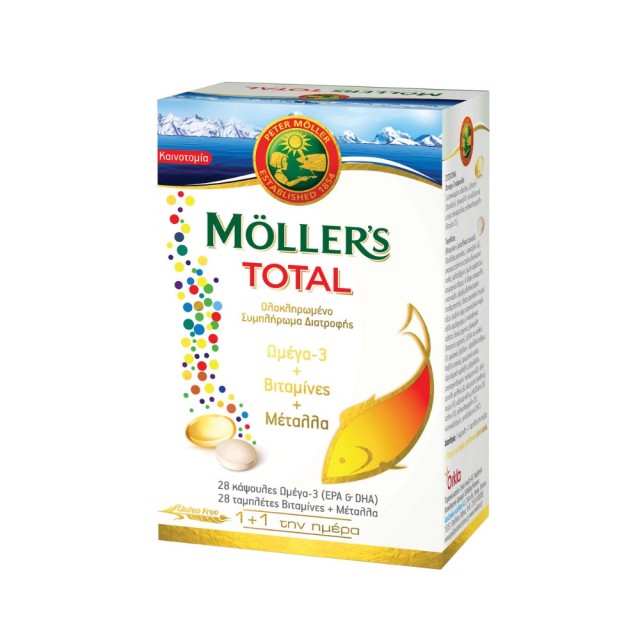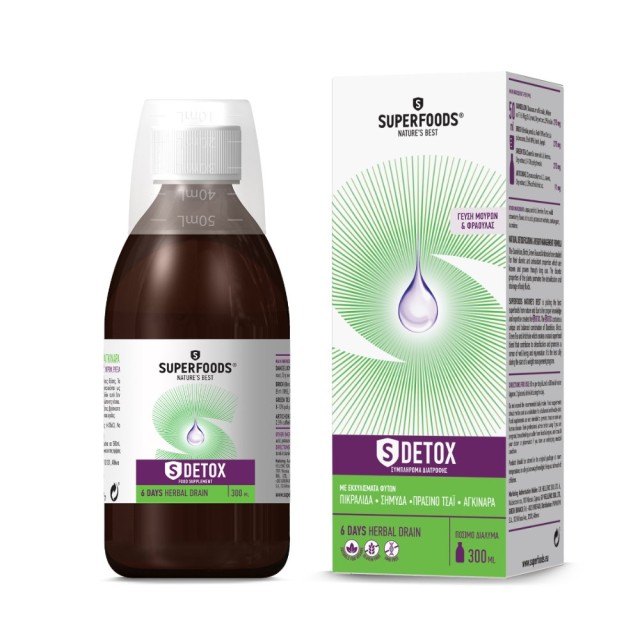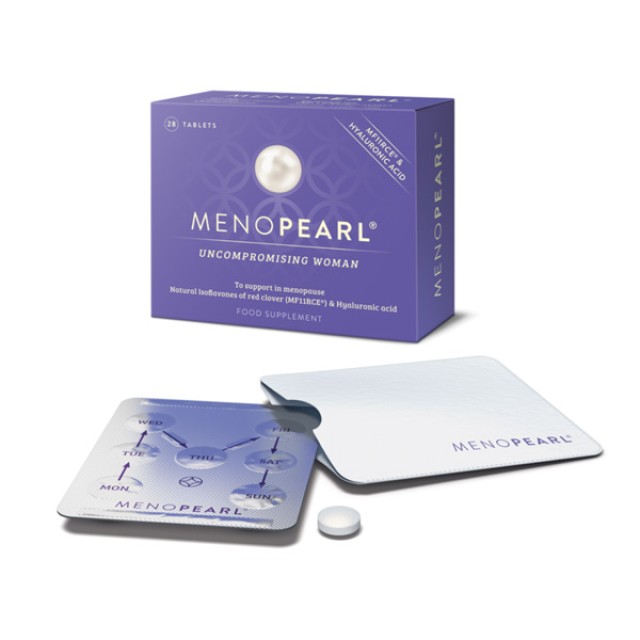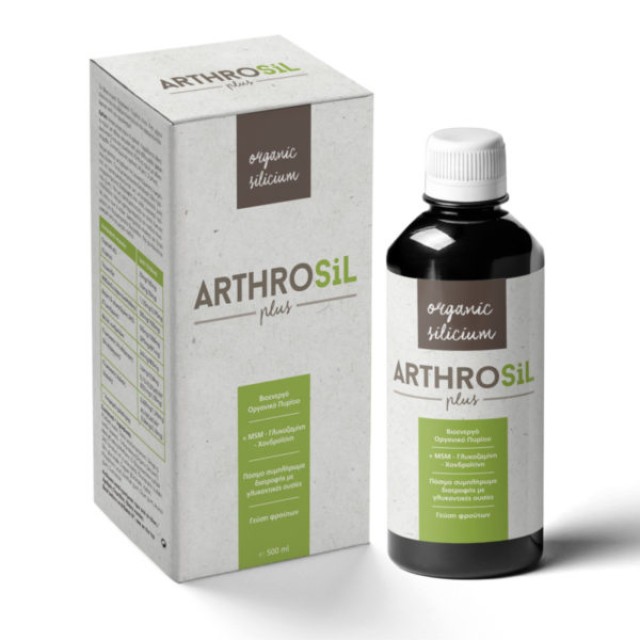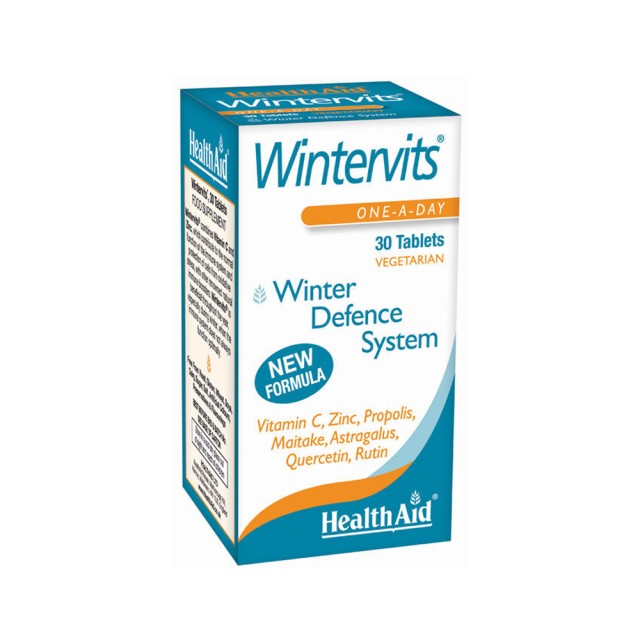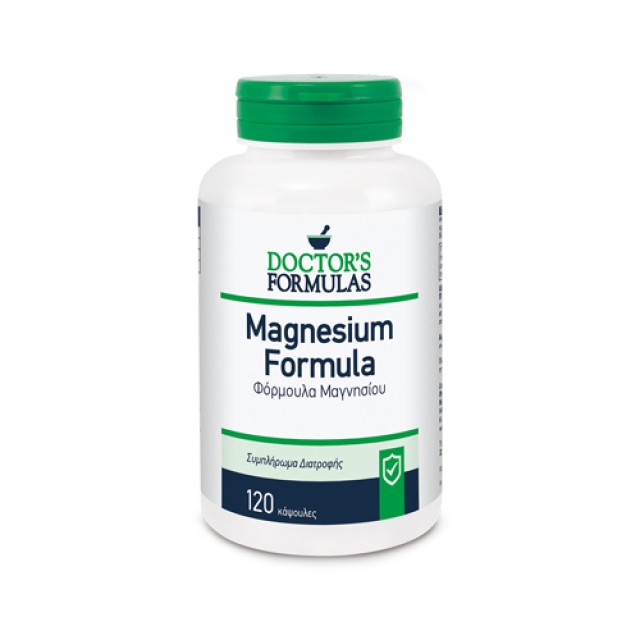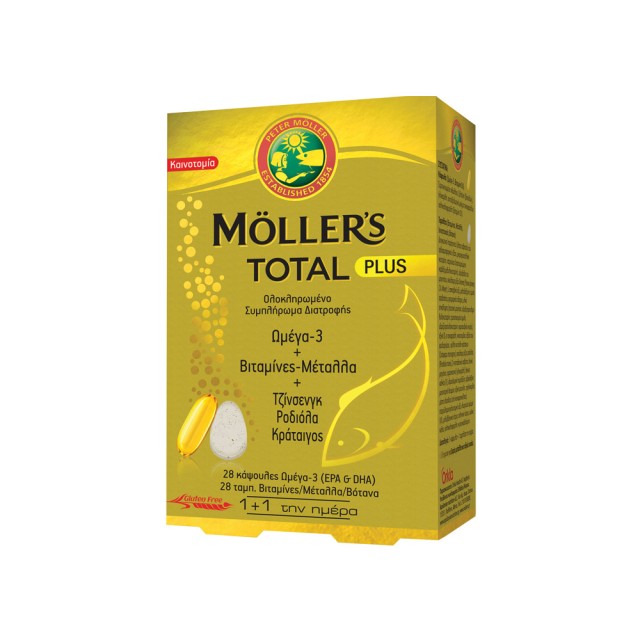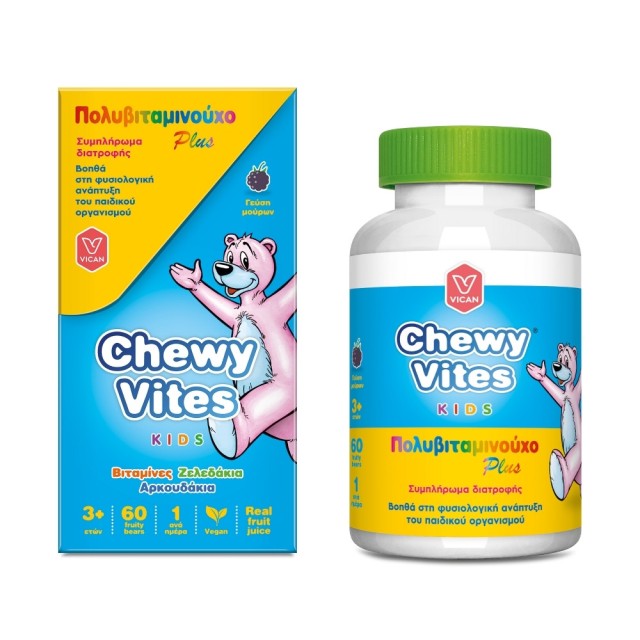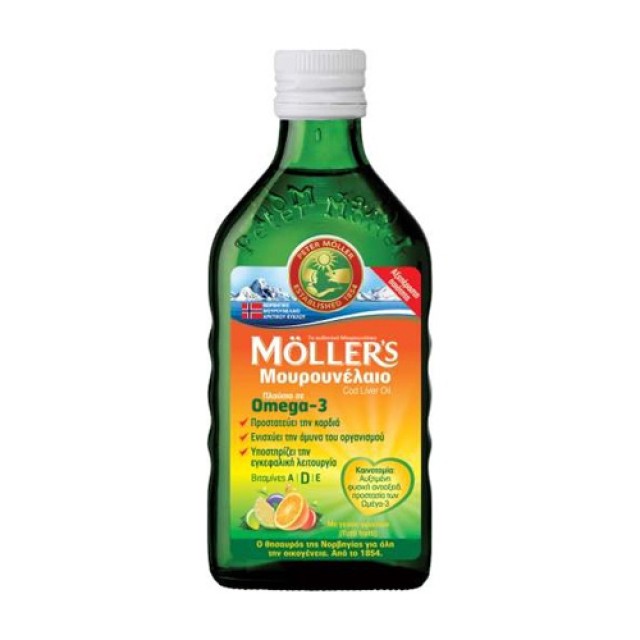B1 thiamine contains vitamin B1, a vitamin of the B complex that contributes to the normal functioning of the nervous system, to the normal functioning of the heart, to normal psychological functioning, as well as to the normal functioning of metabolic processes aimed at the production of energy.
Sources of thiamine include foods such as whole grains, rice, whole wheat bread, beans, peas, peanuts and whole grains. Thiamine plays an important role in maintaining the health of the nervous system. It helps to transfer electrical impulses to the brain, improving the functioning of neurons. In addition, it contributes to the production of neurotransmitters, that are necessary for the transmission of stimuli between neurons.
Benefits:
Most cells in the body use vitamin B1 for various functions. It also participates in metabolism, i.e., the conversion of food into energy. The human body cannot synthesize vitamin B1 alone, so it must be obtained through diet or supplementation.
People with more significant needs for vitamin B1 are:
- People who regularly consume alcohol
- Elderly
- People with HIV/AIDS
- Diabetics
- People with dementia or Alzheimer's disease
- People with depression
- Obese people
Some symptoms of vitamin B1 deficiency are:
- loss of appetite
- irritability
- muscular weakness
- fatigue
- reduced reflexes
- numbness in the extremities
- headaches
- motion sickness
How to use:Take 1 capsule daily with a glass of water or according to the directions of your doctor. Do not exceed the stated recommended daily dose.
Suplement Facts - Serving Size 1 capsule:Thiamine (Vitamin Β1) - 100mg
Other ingredients: Microcrystalline cellulose, thiamine hydrochloride, vegetable (HPMC) capsule shell, magnesium stearate (vegetable origin).
EOF notification number: 26769/1-3-2024 Barcode: 5200040107478


